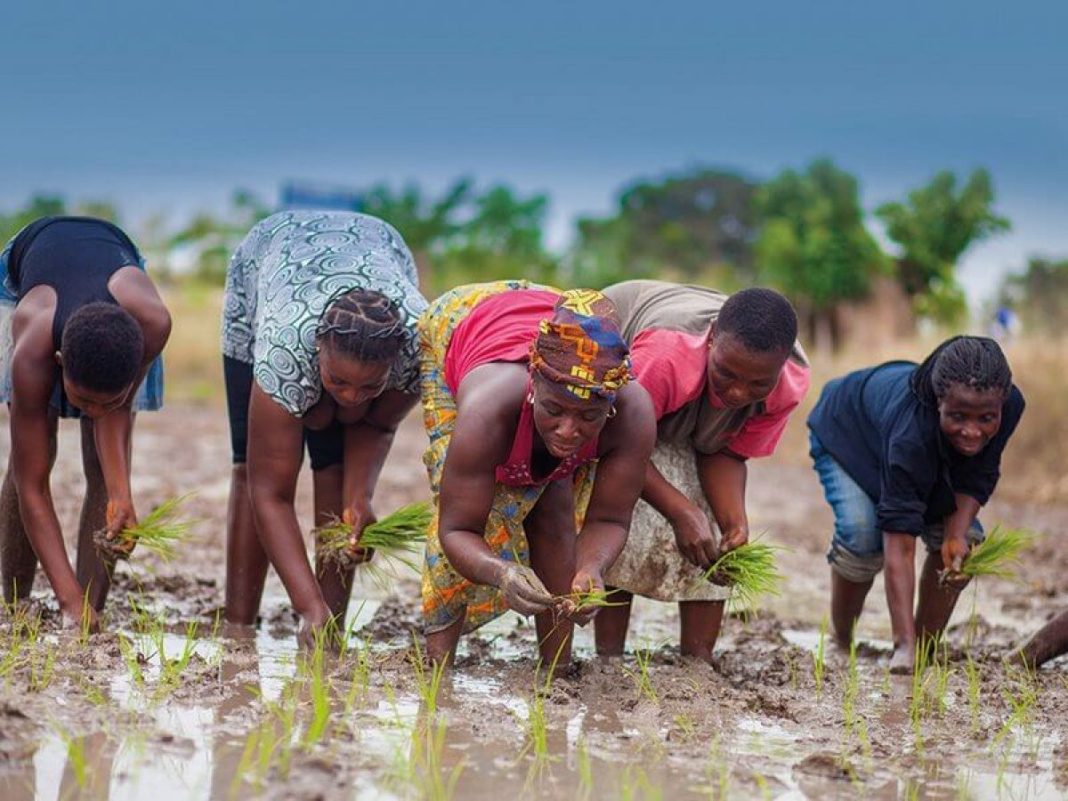With the Bank of Ghana’s withdrawal of foreign exchange support for items it described as non-critical items, there have to be deliberate strategies to build the capacity of local production companies to meet the expected demand, Emmanuel Wullo Wullingdool, an Agriculture Policy Consultant said.
The Bank of Ghana has withdrawn foreign exchange support to customers for the importation of certain non-critical or essential goods. The goods affected include rice, poultry, vegetable oils, toothpicks, pasta, fruit juice, bottled water and ceramic tiles.
An electronic message from the Bank of Ghana to the banks read “in accordance with the President [Akufo-Addo] directive issued at his recent address to the nation on the Ghanaian economy, on Sunday 30th October, 2022, the Bank of Ghana will no longer provide FX support for the imports of rice, poultry, vegetable oils, toothpicks, pasta, fruit juice, bottled water, ceramic tiles and other non-critical goods”.
“Please be advised and act accordingly”, it pointed out.
For Mr. Wullingdool, the situation presents a fair opportunity for local producers of the stated items to increase production to meet local demand. That however, would take deliberate support from the government.
“The poultry farmers, over the years, have been talking about their cost of production. The depend on a lot of soya and maize to meet their production input demand. What has been the capacity of the farmers to produce to meet their needs? If you take a tomato for example, it is also another one. There are huge opportunities. One time, I made a comment that if you look at the capacity of the Pwalugu Tomato Factory, if it is to be put to full use, it can process all the tomatoes that are produced in Ghana within three months and it will lie fallow. We have to use the opportunity there.”
“If you look at rice, there are rice valleys across the country; whether you are looking at southern Ghana or northern Ghana. There was recently a report that the Central Region alone has the capacity to produce rice to feed the country. Then you come to Northern Ghana, Upper East Region, Upper West Region and Northern Region. We have a lot of rice valleys dotted around. There’s a huge opportunity.”
“The questions have always been, what is the capacity of these farmers? What has been the level of investment talking about our roads, inputs to the farmers, capacity, issues around post-harvest management and storage systems. All these things are things that we have not worked on over the years. If we are to talk of the way forward, it means the government has to revisit its priorities in terms of investing into agriculture,” he said.
Source: A1radioonline.com|101.1MHz|Mark Kwasi Ahumah Smith|Ghana


